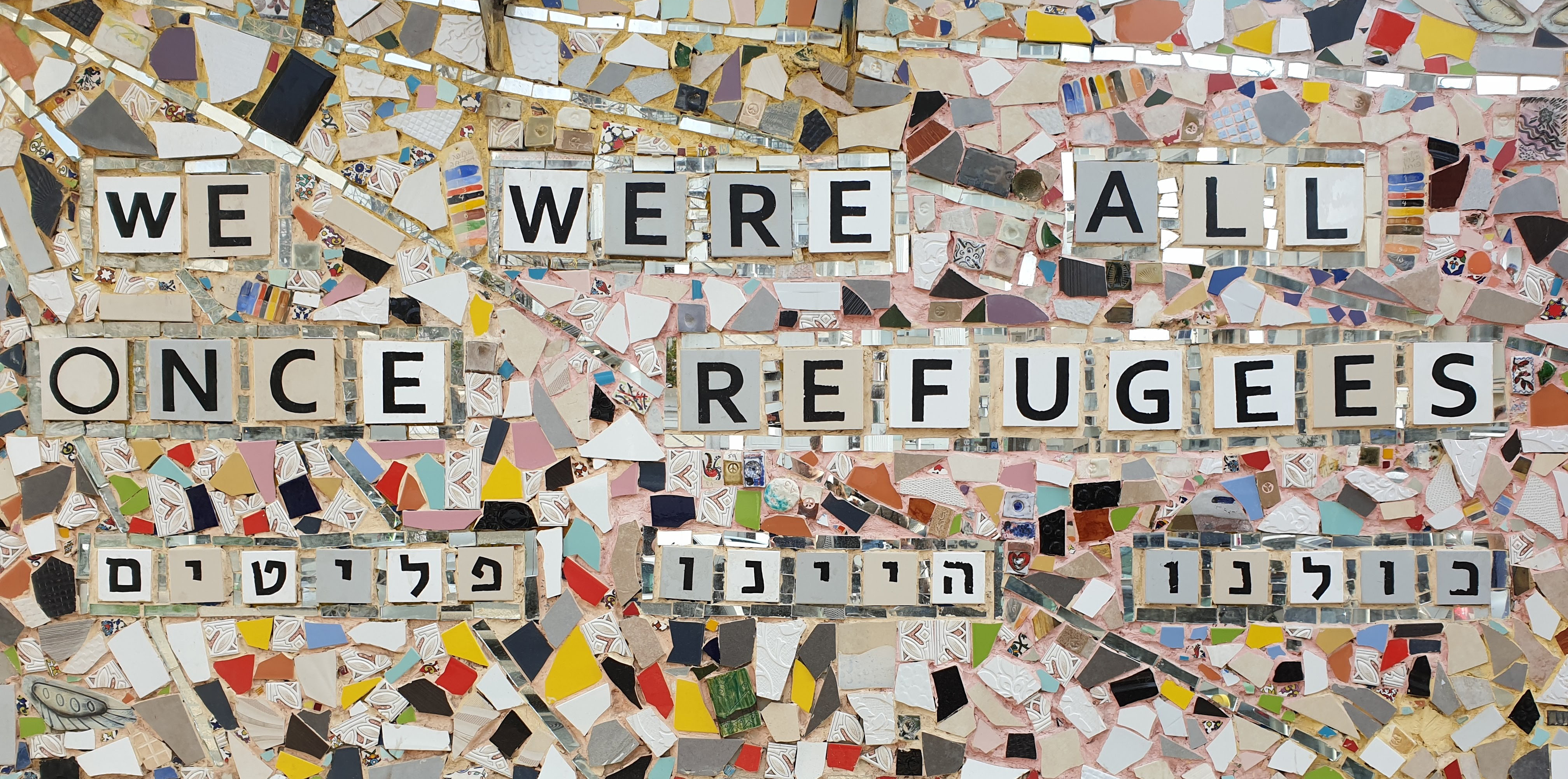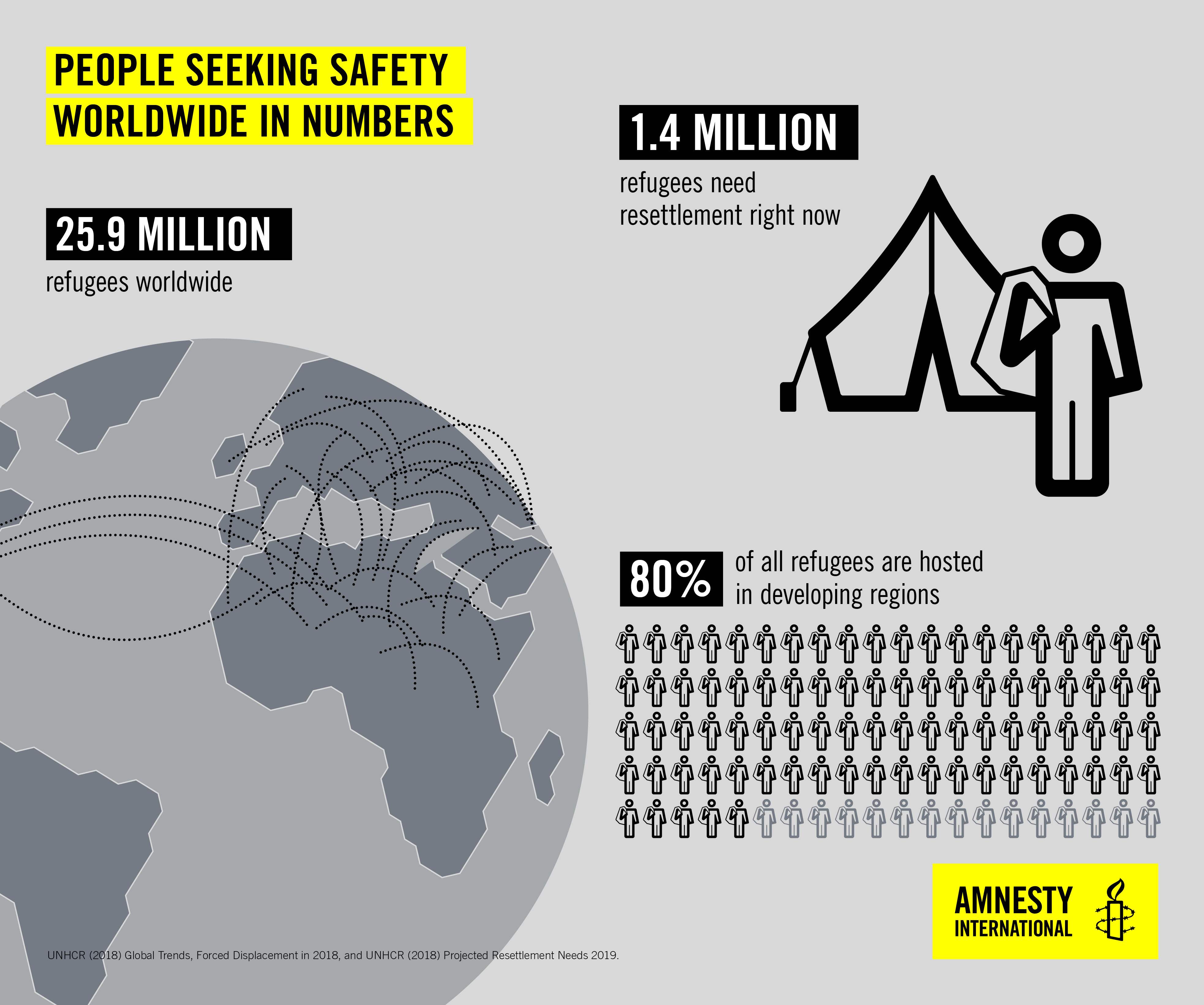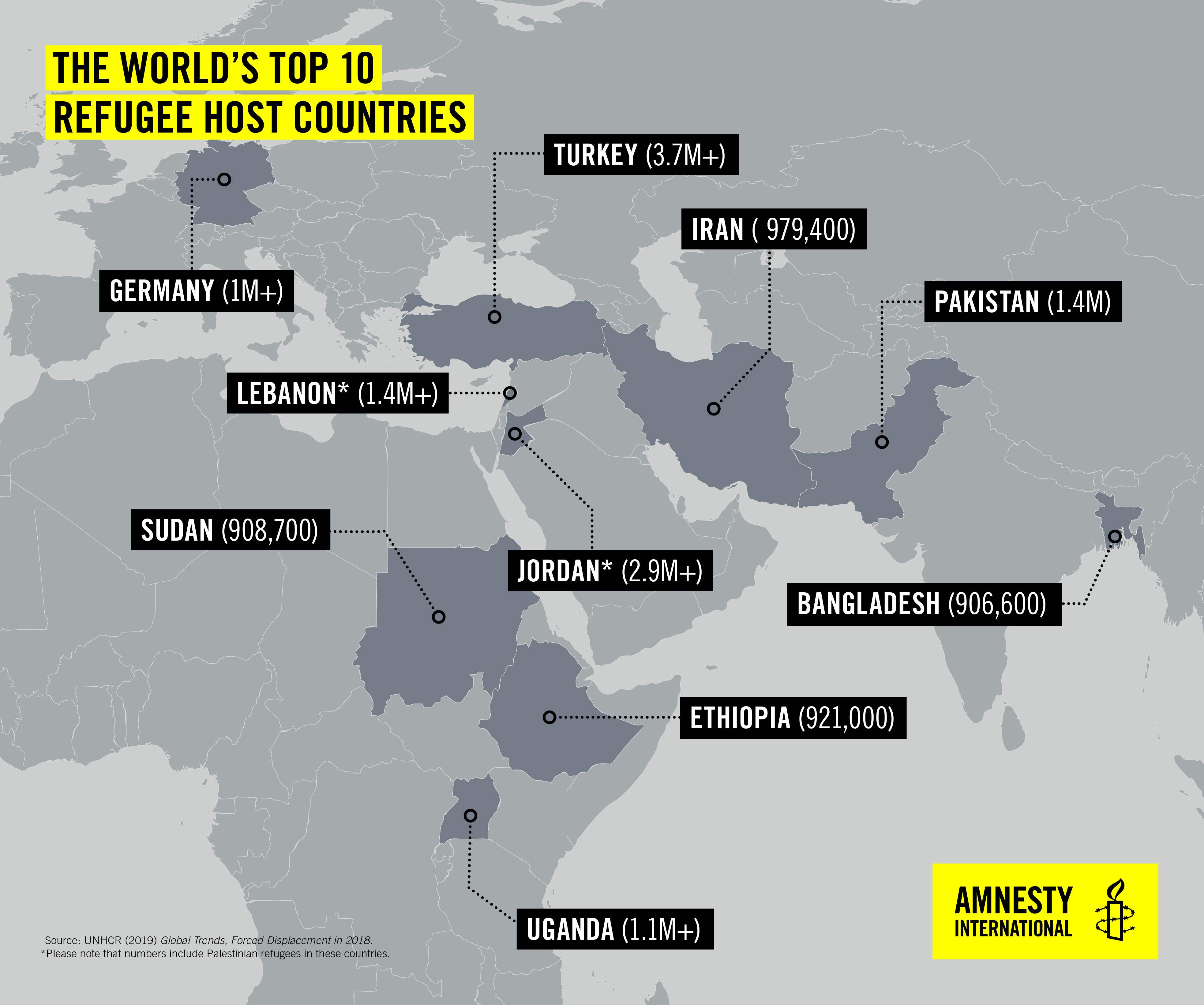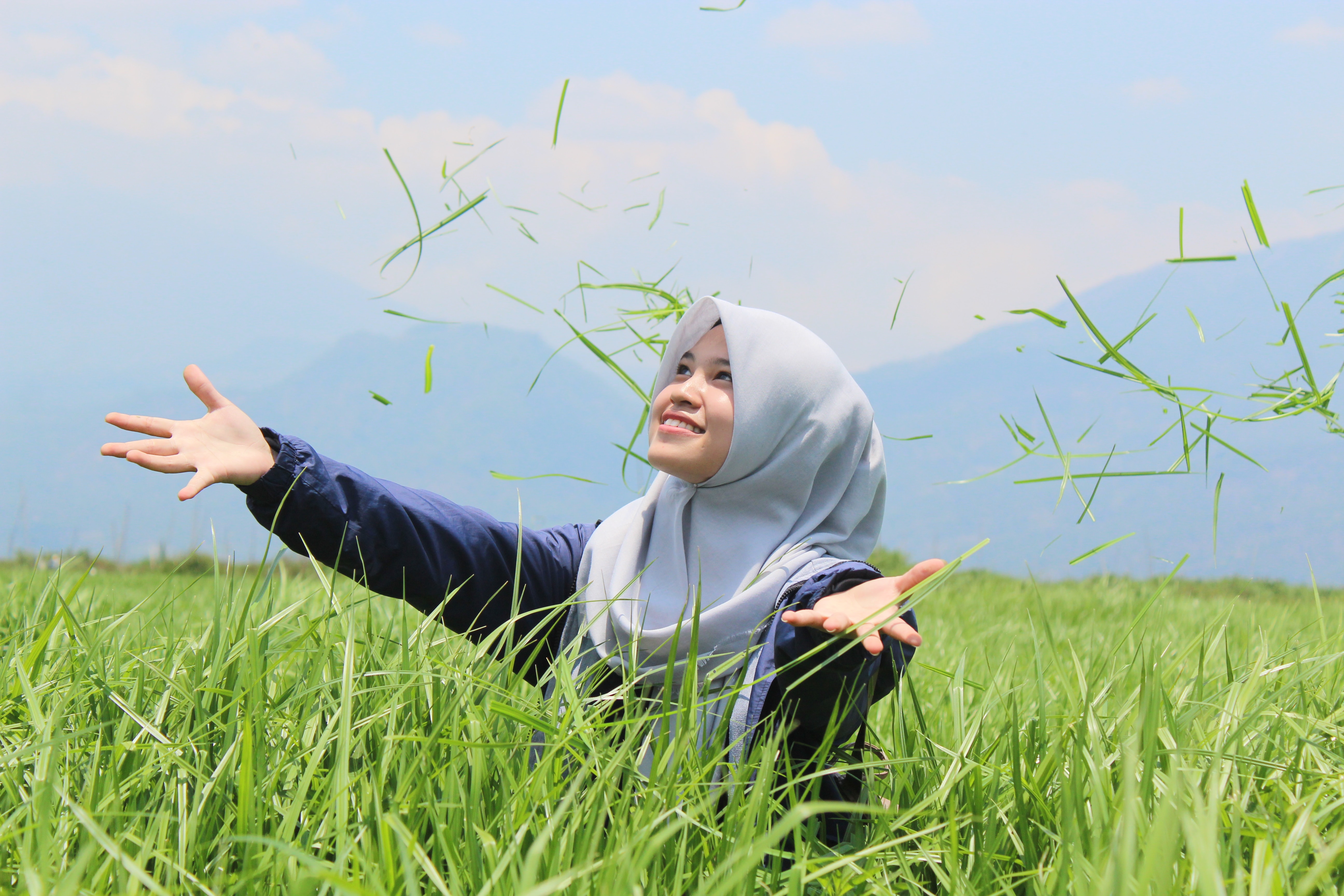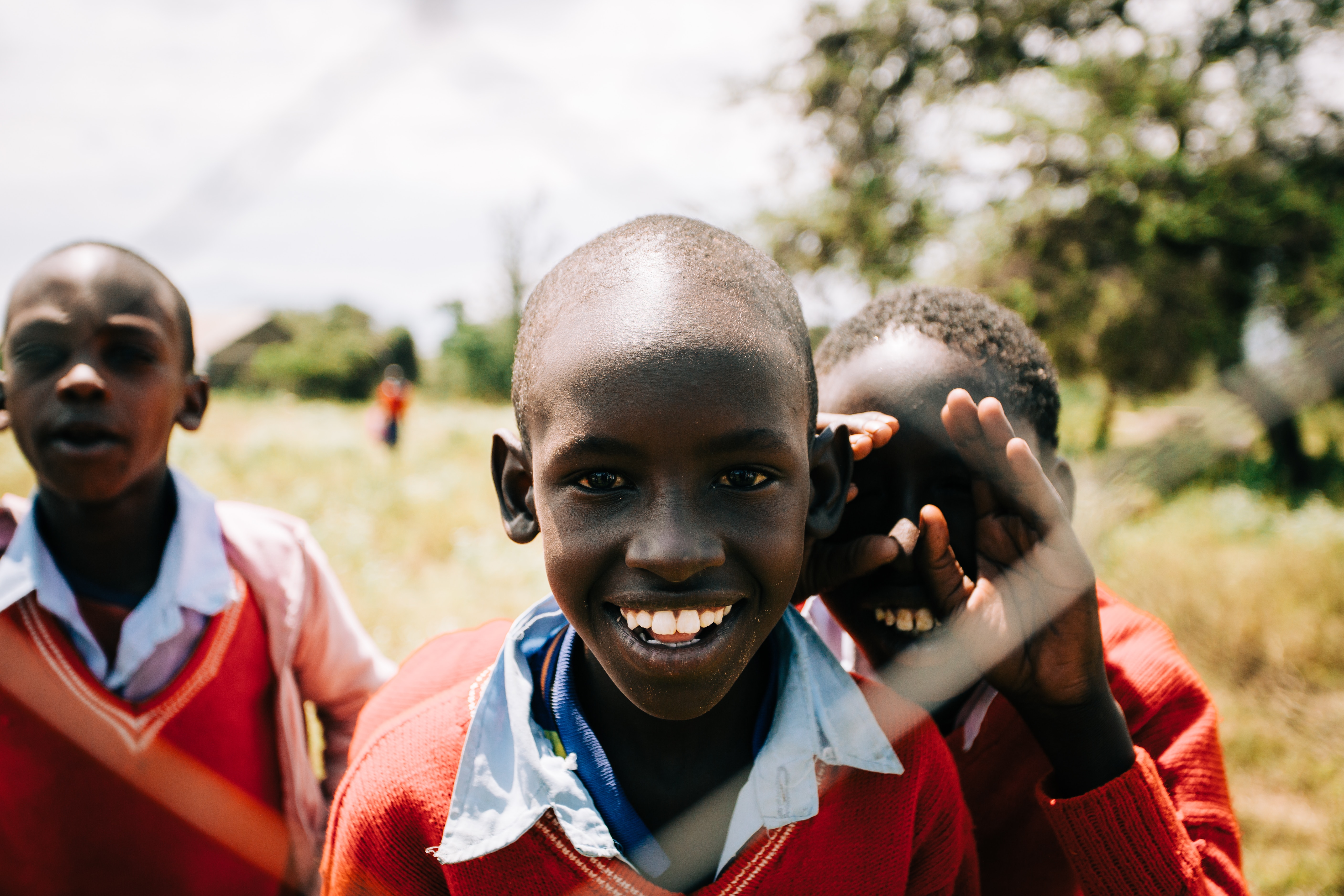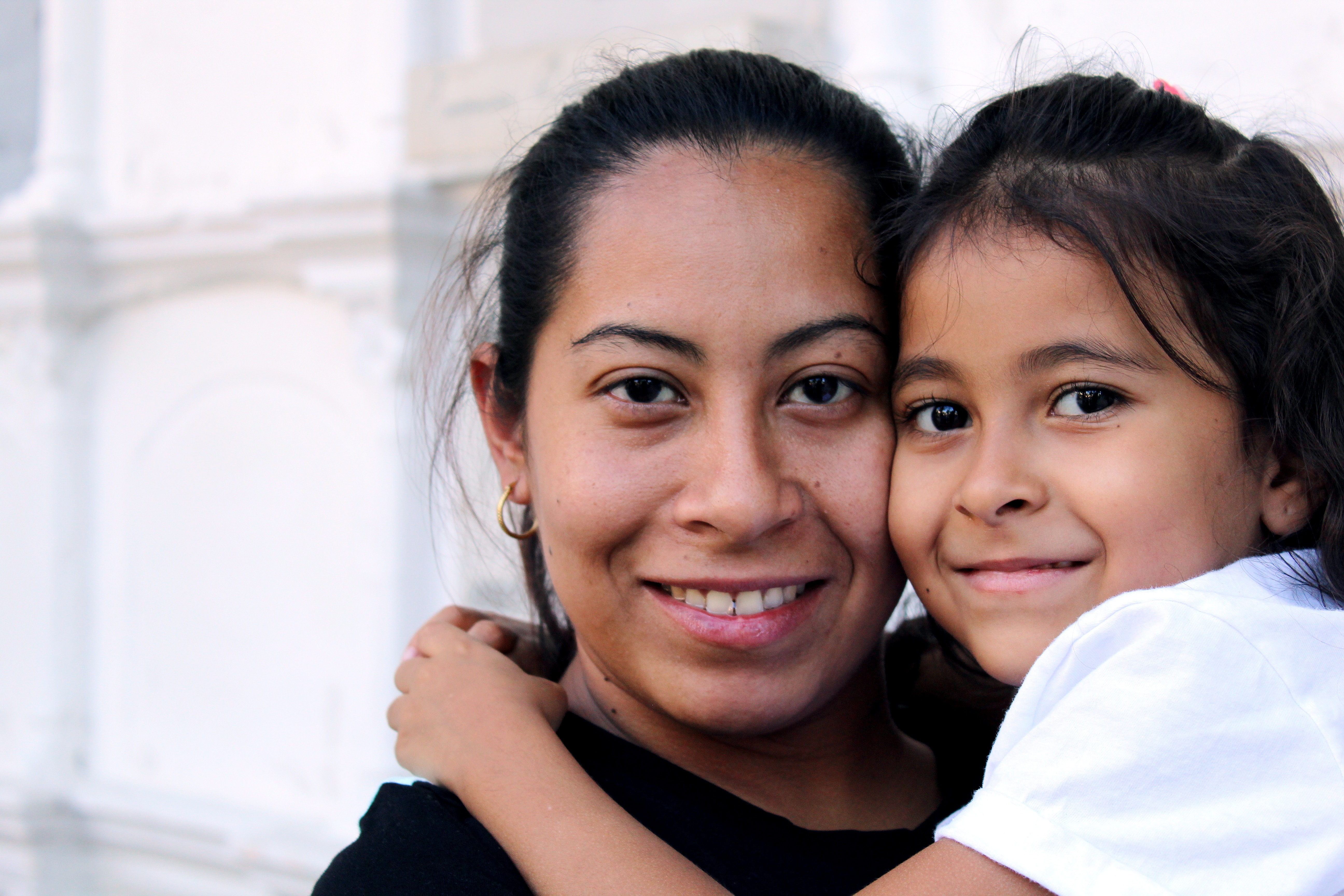Approximately 1.4 million refugees, who are at particular risk of violence and are for other reasons especially vulnerable, urgently need to be permanently resettled. But only 92,400 refugees were resettled in 2018, less than 7 percent of those awaiting resettlement.
Wealthier countries aren’t doing nearly enough to share the cost of protecting people who have left everything behind. Appeals for humanitarian assistance for refugees are consistently – and often severely – underfunded.
In short, the world urgently needs a new, global plan based on genuine international cooperation and a meaningful and fair sharing of responsibilities.
There were 1.1 million new refugees in 2018, most of them fleeing conflict in Syria, South Sudan and Democratic Republic of Congo.
Violence, insecurity, persecution and shortages of food, medicine and other basics, have prompted millions of Venezuelans to leave their country. By the first five months of 2019, about 4 million Venezuelans had left their homes in one of the world’s biggest displacement crises. More than 460,000 Venezuelans have sought asylum but to date only a small fraction -- some 21,000 people -- have been recognized as refugees.
Many wealthier states continue to prioritize policies that will deter people from seeking asylum, and finding ways to stop people coming altogether. At the same time, they are putting the onus on nearby countries to protect people fleeing for their lives. Such restrictive and short-sighted policies are forcing women, men and children to take dangerous land and sea journeys, putting their lives at risk and fuelling human rights abuses.
